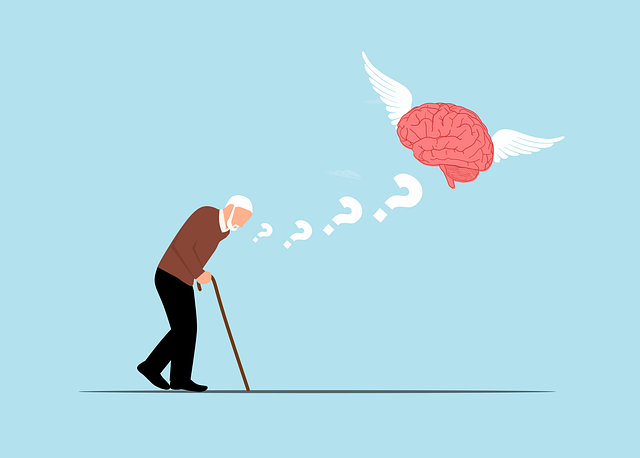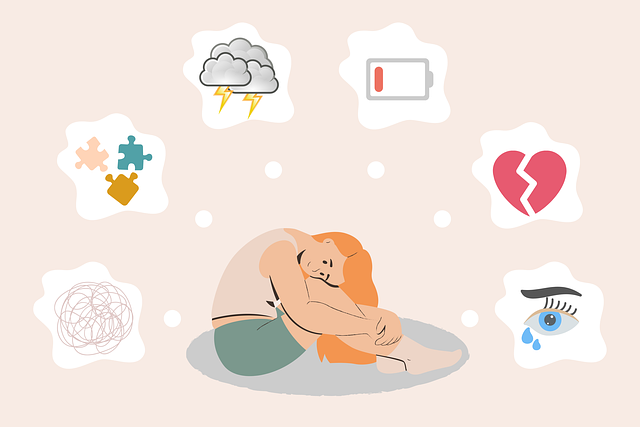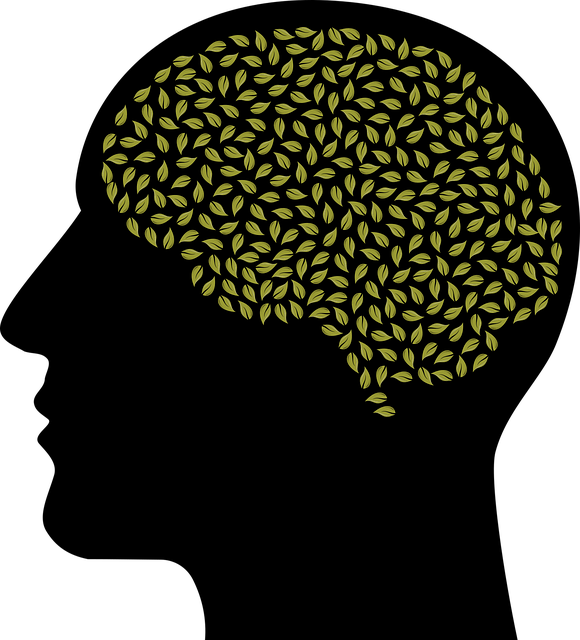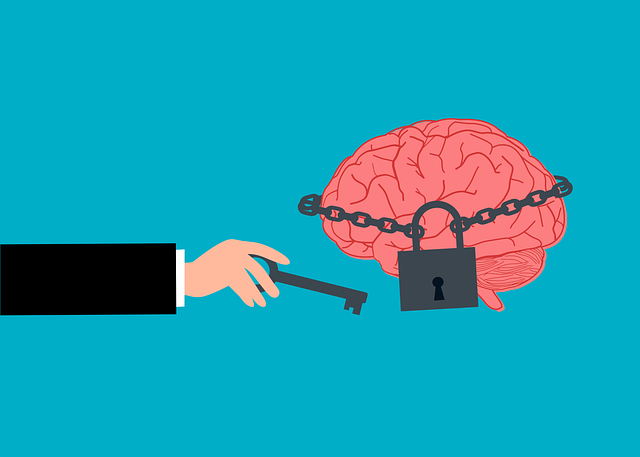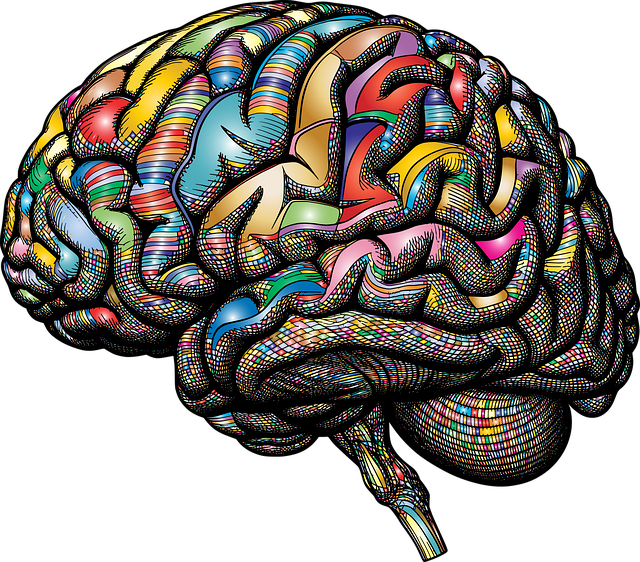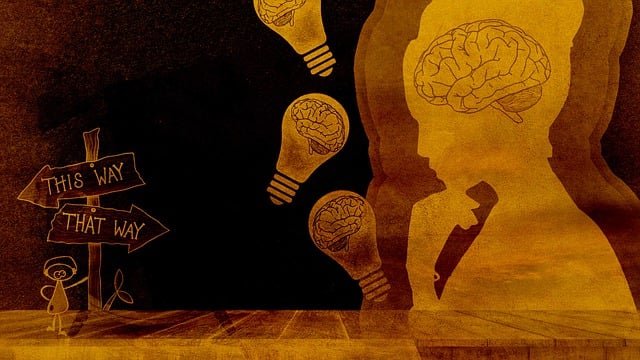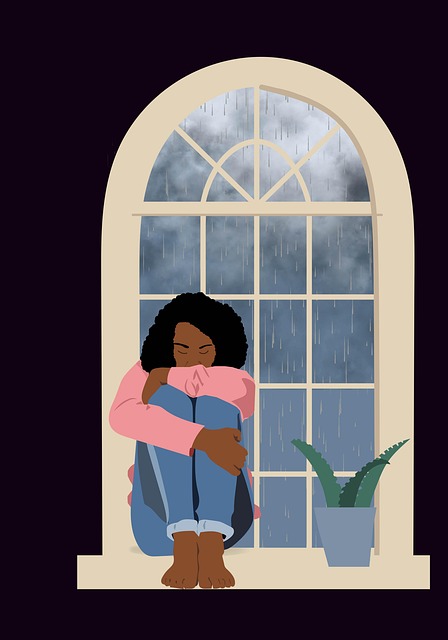Mental wellness apps are transforming access to therapy by addressing specific needs of young children and couples. For kids, these apps use engaging games and stories to teach social skills and self-care, targeting early signs of emotional issues. In couples counseling, they facilitate communication, provide relationship insights, and offer healthy conflict resolution strategies through exercises and regular check-ins. Apps prioritize privacy, safety, and accessibility, integrating AI for personalized guidance, podcasts for diverse learning, and tools for parents and crisis intervention. Key focus areas are therapy for young children and couples counseling, aiming to enhance well-being for the entire family using innovative digital solutions.
In today’s digital age, mental wellness app development is transforming access to therapy. This article explores the evolving landscape of mental health support for two key demographics: young children and couples. We delve into the unique challenges and specific needs of these groups, highlighting the importance of tailored solutions. From understanding the mental wellness needs of young kids to integrating effective counseling techniques in digital platforms, we provide insights into creating accessible therapy apps for both young children and couples seeking counseling.
- Understanding Mental Wellness Needs of Young Children and Couples
- Key Features for a Therapy App Targeting Young Kids
- Integrating Effective Counseling Techniques in Digital Platforms
- Ensuring Privacy, Safety, and Accessibility for Sensitive Content
Understanding Mental Wellness Needs of Young Children and Couples

Mental wellness apps have a significant role to play in addressing the unique needs of young children and couples seeking therapy. For kids, understanding their mental health involves recognizing the nuances of developing brains and social interactions. Many challenges faced by young individuals, such as anxiety, depression, or difficulties with emotional regulation, can be early indicators of broader issues. Apps designed for this demographic should focus on engaging and interactive tools that incorporate social skills training and self-care practices, making therapy more accessible and enjoyable.
When it comes to couples counseling, apps can facilitate communication, offer insights into relationship dynamics, and promote healthy conflict resolution strategies. They can provide a safe space for partners to explore their emotions, enhance confidence boosting exercises, and even integrate features that encourage regular check-ins, fostering continuous improvement. By combining evidence-based practices with technology, mental wellness apps have the potential to revolutionize therapy accessibility and effectiveness for both young children and couples.
Key Features for a Therapy App Targeting Young Kids

When designing a therapy app tailored for young kids, user experience and engagement are paramount. Key features should include interactive and age-appropriate activities that make therapy fun rather than daunting. Incorporate games or stories that subtly teach coping mechanisms and emotional intelligence, allowing children to process their feelings in a safe digital space.
Additionally, integrate tools for parents or guardians, such as progress tracking and resources for at-home support. While couples counseling isn’t directly targeted at kids, including resources for family therapy sessions can benefit the entire household. Crisis intervention guidance should be readily accessible, providing immediate assistance during emotional distress. Moreover, consider integrating a mental wellness podcast series production within the app to offer diverse learning formats, enhancing engagement and reinforcing positive mental health habits through self-care routine development.
Integrating Effective Counseling Techniques in Digital Platforms

Integrating effective counseling techniques into digital platforms is a critical aspect of modern mental wellness app development. For instance, apps can offer tailored therapy for young children, incorporating engaging games and activities to address emotional challenges unique to their age group. Similarly, couples counseling sessions can be facilitated through video conferencing, making quality time together more accessible despite busy schedules.
Beyond individual therapy, these platforms can provide valuable tools for burnout prevention, such as mental wellness journaling exercises guided by AI-driven prompts. Additionally, conflict resolution techniques can be taught and practiced virtually, empowering users to navigate interpersonal difficulties with newfound skills. This holistic approach leverages technology to enhance traditional counseling methods, ensuring accessibility and relevance in today’s digital age.
Ensuring Privacy, Safety, and Accessibility for Sensitive Content

When developing mental wellness apps, it’s paramount to prioritize privacy, safety, and accessibility, especially when dealing with sensitive content. Users, particularly young children and couples seeking counseling, must feel secure sharing personal information and experiences within the app. Developers must implement robust encryption protocols to safeguard data, ensuring only authorized access.
This involves rigorous risk assessments for mental health professionals to mitigate potential risks associated with digital therapy. Additionally, community outreach program implementations can enhance accessibility, providing support systems and coping skills development resources to users. These measures not only foster trust but also encourage open communication, which is essential for effective therapy, whether for young children or couples counseling.
The development of mental wellness apps offers a promising avenue for providing accessible therapy for young children and couples seeking counseling. By integrating effective counseling techniques tailored to these specific demographics, we can create digital platforms that foster healing and growth. Ensuring privacy, safety, and accessibility is paramount, allowing sensitive content to be delivered securely while catering to the unique needs of our users. With careful consideration and innovative design, mental wellness apps have the potential to revolutionize therapy, making it more convenient and effective for those in need.
